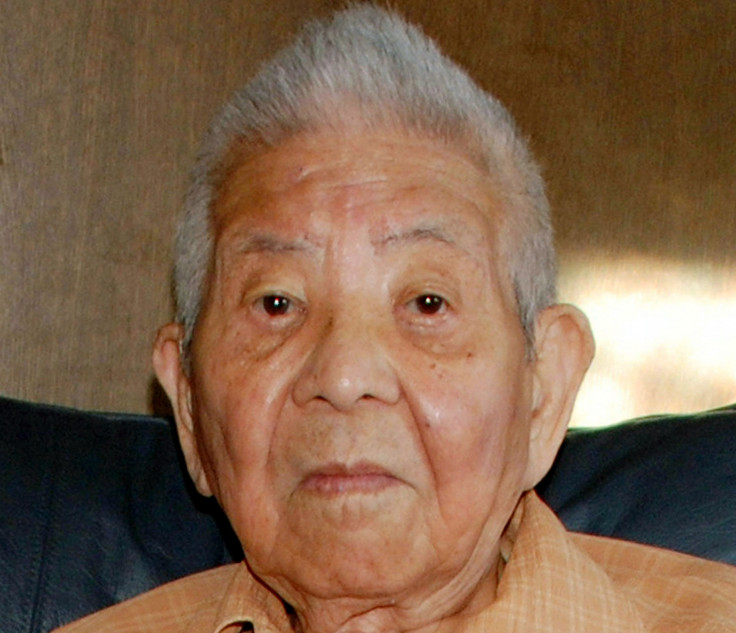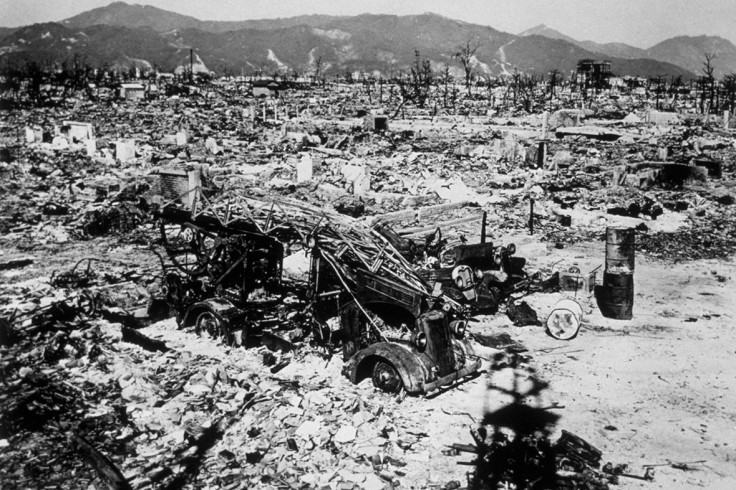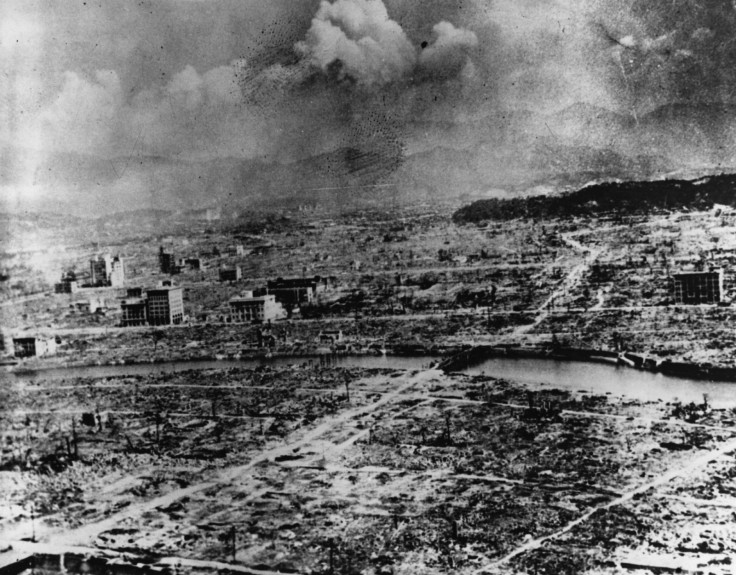Hiroshima and Nagasaki: Meet Tsutomu Yamaguchi, survivor of both atomic bombs

The combined death toll of the Hiroshima and Nagasaki atomic bombings by the US during the Second World War is thought to be as high as 250,000. The combined payload of the two bombs – Little Boy in Hiroshima and Fat Man in Nagasaki – was equivalent to 36,000 tonnes of TNT.
One man survived in the ground zero of both attacks 70 years ago. And he lived until the age of 93. Tsutomu Yamaguchi may be the luckiest and unluckiest man to have ever lived.
On 6 August 1945, Yamaguchi was in Hiroshima on a business trip for the firm at which he worked as an engineer. That morning, he set out to the city's shipyard to say farewell to his colleagues at Mitsubishi Heavy Industries before heading home from the three-month trip.
"It was very clear, a really fine day, nothing unusual about it at all," he recalled in 2005. "I was in good spirits. As I was walking along I heard the sound of a plane, just one. I looked up into the sky and saw the B-29, and it dropped two parachutes. I was looking up at them, and suddenly it was like a flash of magnesium, a great flash in the sky, and I was blown over."
The US Air Force pilots of the Enola Gay had just dropped Little Boy in the first time a nuclear weapon has ever been used in warfare. Yamaguchi told Australia's ABC news he "thought the sun had fallen from the sky".
Just two miles from the centre of Little Boy's devastating blast, Yamaguchi was badly burnt, hairless and partially deaf from burst eardrums. Wounded, he spent the night in an air raid shelter. The following day, he made his way home, to Nagasaki.
"The river bridges were down," according to a 2010 profile of Yamaguchi in The Economist. "But one river was full of carbonised naked bodies of men, women, children, floating face-down 'like blocks of wood', and on these — part treading, part paddling — he got to the other side. His human raft."

Bandaged up and suffering from his exposure to radiation, Yamaguchi was nonetheless back at work on 9 August, telling his sceptical boss exactly what had happened in Hiroshima and describing the scale of the devastation, a city swallowed whole by one single bomb.
As he was talking, and his supervisor was calling him "crazy", a white light burst through the window and filled the room. American pilots of the Bockscar B-29 bomber had just unloaded Fat Man on Nagasaki. Yamaguchi had been hit again. "I thought the mushroom cloud had followed me from Hiroshima," he told The Independent in a 2009 interview from his home in Nagasaki, rebuilt after the war.
Miraculously, Yamaguchi was not hurt in the second explosion despite again being around two miles from the centre of the blast — thanks, by chance, to the reinforced-steel stairwell he happened to be standing in. Somehow, despite their house being destroyed, his wife and son also survived the blast. They spent the week in an air raid shelter.

It was only in 2005 that Yamaguchi began speaking publicly about having survived both blasts. And in 2009, the Japanese government officially recognised his claim by verifying it, though there are thought to have been more than 150 others like him.
"My double radiation exposure is now an official government record," Yamaguchi told reporters at the time. "It can tell the younger generation the horrifying history of the atomic bombings even after I die."
He and his family were plagued for years by health problems linked to their radiation exposure, like so many other survivors of the atomic bomb raids on Hiroshima and Nagasaki. "I have walked and crawled through the bottom of hell. I should be dead. But it was my fate to keep on living," Yamaguchi told ABC shortly before his death.
He, his wife and his son all died of cancer. His daughter, who was born after the war in 1948, survives them.
© Copyright IBTimes 2025. All rights reserved.




















